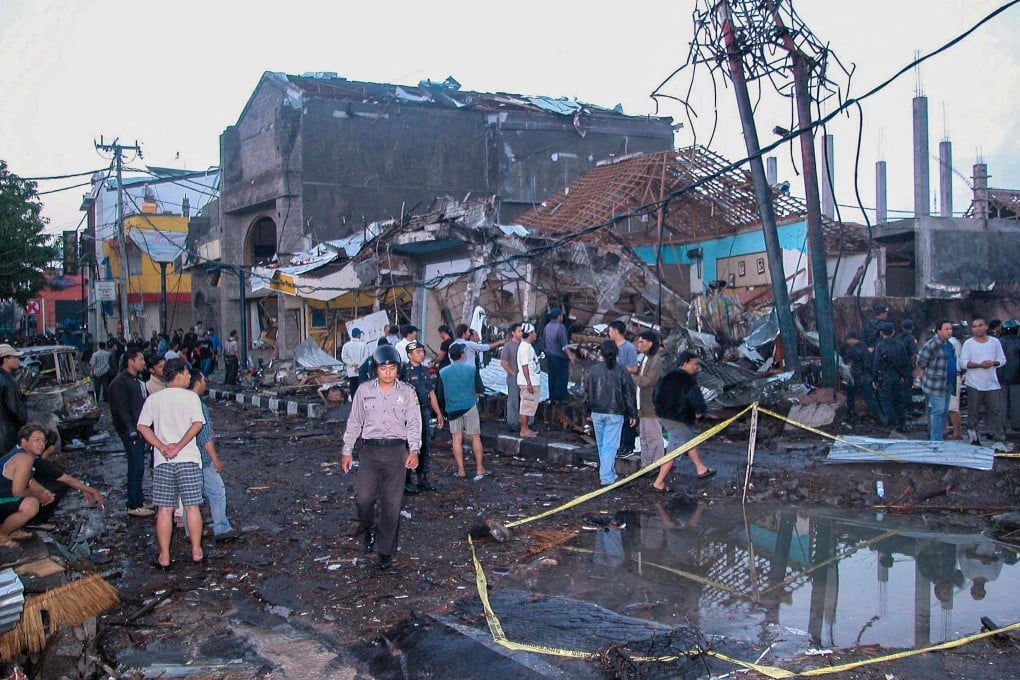20 years after 9/11, is Southeast Asia’s feared militant group Jemaah Islamiah on the cusp of a revival?
- JI, which was behind every major terror attack in Indonesia from 2002 to 2010, has re-emerged from the shadows with a recruiting drive and solid funding sources
- While analysts say former JI members from the likes of Malaysia and Singapore are unlikely to go back to Afghanistan, the country may again become a haven for such groups

The world changed forever after September 11. Suspicion and security trumped trust and privacy, and another attack seemed imminent. It came more than a year later, in Southeast Asia, in a chilling reminder of the insidious reach of extremism.
From 2002 to 2010, the group was behind every major terror attack in Indonesia, including the 2003 bombing of the Marriott Hotel in Jakarta and the car bombing a year later at the Australian embassy in the capital.
“There were several major attacks that were in the final stages of planning that security forces thwarted, in large part because of international cooperation [with the likes of Australia, Malaysia, and the US],” Abuza said. “Were it not for law enforcement and intelligence cooperation, there would have been more attacks.”
But JI had not gone away – it had gone underground. Worse, it has gone legitimate, radically restructuring its ragtag funding efforts. No longer does it rely on robberies – the new JI owns oil-palm plantations, hotels, and schools.
